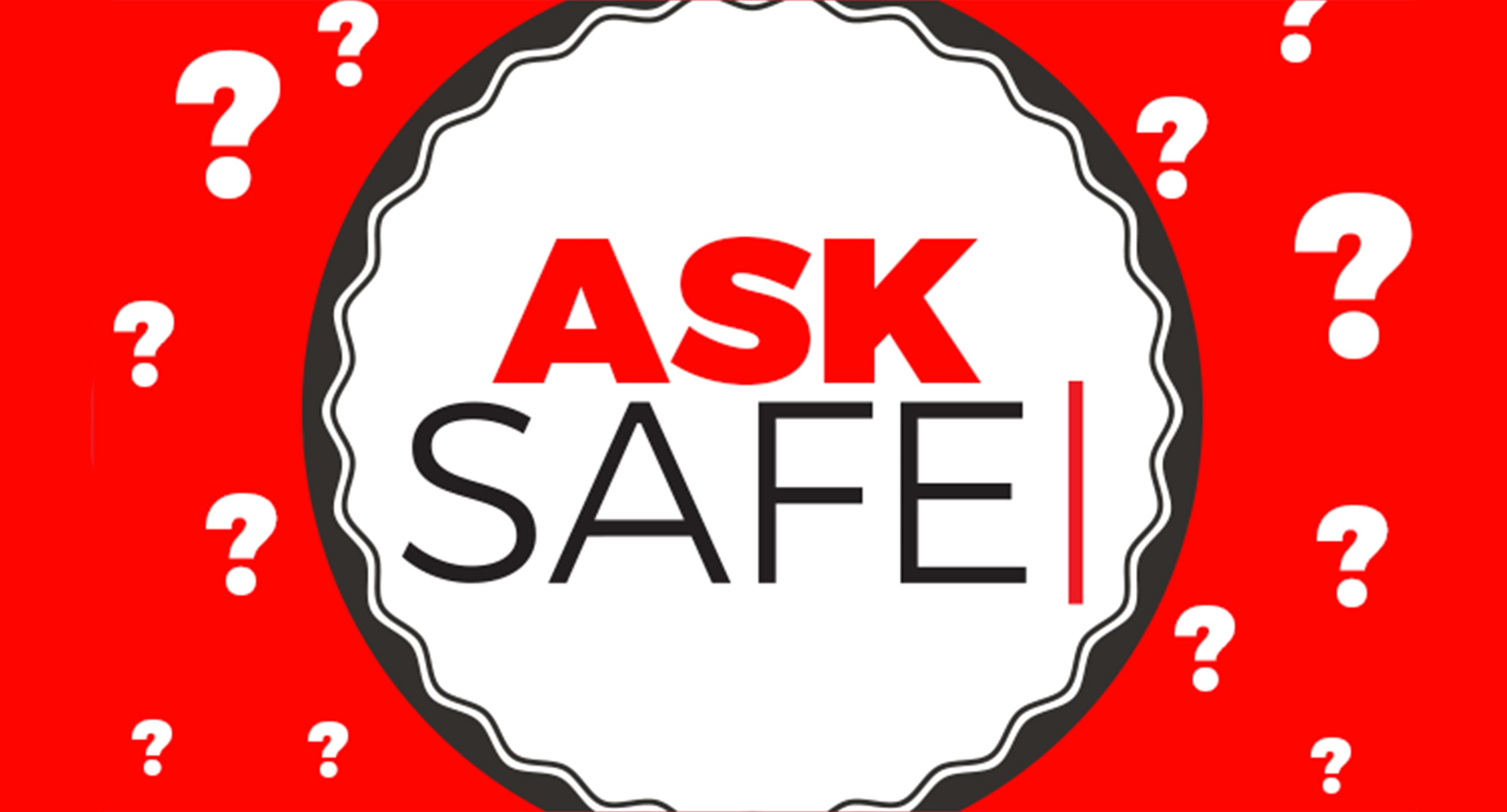Ask SAFE: How do I intervene when I hear something that isn’t right?
Written by Maisha Barrett
“Can’t you take a joke?”
“It’s no big deal. It’s just locker room talk.”
“I’m just kidding, don’t you have a sense of humor?”
When you challenge someone on jokes that demean people’s gender, race, sexual orientation, gender identity, or immigration status, these are some of the responses you’ll get. But they are responses that need to be overcome.
These sort of jokes are often at the expense of those who are already marginalized in society and are at a greater risk for violence and abuse. They also reinforce cultural biases that demean and dehumanize.
Is it ever ‘just a joke?’
Sometimes we may feel uncomfortable with comments that we hear, but we are not sure how to respond. This is commonly called the bystander effect or bystander apathy.
These terms were first coined by social psychologists in the 1960s after the case of Kitty Genovese, who was killed outside of her apartment building where – as the story goes – people heard and saw what was happening, but did not intervene or call the police.
It may seem like there is a huge difference between interrupting a problematic joke and intervening during physical violence. But violence operates on a continuum. The base is what people consider socially acceptable, like the way we speak about people who are different than us.
When we normalize that behavior it becomes easier to escalate into violence. To truly create social change we have to start at the root of the problem.
Intervening doesn’t mean confrontation
Interrupting a problematic joke or statement doesn’t have to be confrontational. It can be as simple as saying, “Hey, that is not cool.”
Depending on your relationship with the person, that can be the extent of the conversation. Or you may be able to have a more in-depth conversation about why the particular comment or behavior is unacceptable.
This also helps role model for other people around you, empowering others to do the same. We often think that creating social change requires grand gestures. In reality, we make change one person at a time.
From there, change spreads outward. Even if you are unable to change the mind of the person who is making inappropriate jokes or comments, it can be incredibly powerful for someone on the receiving end to feel that they have an ally.
If a situation begins to escalate to a point where safety is a concern, take the person being targeted away from the situation into a safer space. Don’t put yourself in harm’s way. Ideally you want to keep yourself and others as physically and emotionally safe as possible.
Changing attitudes and behaviors is possible, but it is not possible when we remain silent. Dr. Martin Luther King put it best: “In the end we will remember not the words of our enemies, but the silence of our friends.”
What holds us back from intervening?
People may want to intervene, but they are unsure how to or if it will be safe. Social psychologists have identified some of the reasons that people may not intervene even if a situation makes them uncomfortable:
- Someone Else – The more people who are present in a situation, the less likely it is that an individual will intervene because they believe that someone else will step in. This can also be referred to as “diffusion of responsibility.”
- Fear Factor – People may be afraid to step in when they hear an off comment or joke because they feel like they may be ostracized from a group. Or they may fear that they will become the target of the person who is perpetuating the offensive behavior.
- Standing Alone – Being the first person to speak out can be a scary feeling, but research shows that if one person interrupts a disrespectful behavior, other people will feel more empowered to step in as well.
- Confidence Level – Many people feel they do not have the confidence to confront someone. This can often be because they have not had this role modeled for them.
About the author
Maisha Barrett is SAFE’s community education training specialist. She leads trainings in Central Texas on topics that range from power and oppression to bystander intervention.